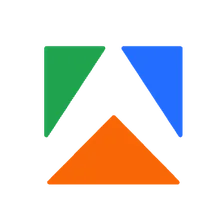HAR files for URL list
Pricing
Pay per usage
Go to Apify Store Deprecated
Deprecated
HAR files for URL list
Generates an HTTP Archive (HAR) file for web pages specified by a list of URLs in JSON or CSV file. Optionally, the pages can be loaded using proxies from a specific country. The resulting HAR files are stored in the key-value store or in the dataset.
Pricing
Pay per usage
Rating
0.0
(0)
Developer

Apify
Maintained by Community
Actor stats
4
Bookmarked
39
Total users
2
Monthly active users
2 years ago
Last modified
Categories
Share

